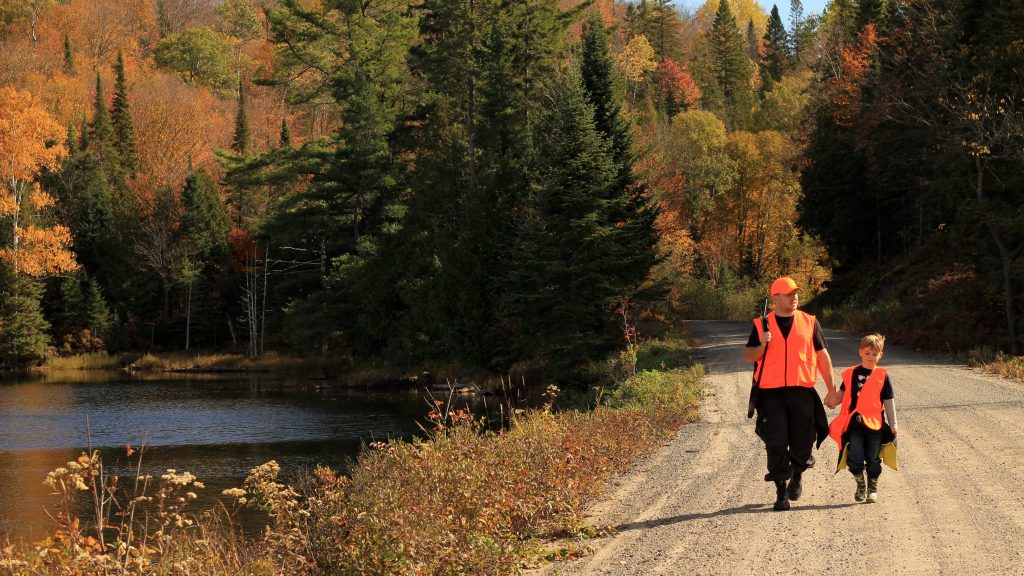
LA CROSSE, Wis. — Some do it for the challenge of chasing down the big game. Others do it as part of a family tradition. And others do it to enjoy being outdoors one last time before winter. Whatever the reasons, many families and friends have been, or soon will be, taking part in hunting season.
While hunting can be a great way to do all those things, and even get in some fresh air and exercise, it also can pose some dangers to those who are not fully prepared for the escape.
"I am a hunter and always need to remind myself to lead by example when I'm in the woods," says Eric Grube, D.O., an emergency medicine physician at Mayo Clinic Health System in La Crosse. "Hunting can be a sport for all to enjoy. But we need to make sure that time outdoors isn't spoiled by some unfortunate accident."
Among the most common medical emergencies in hunting are heart attacks, injured backs and broken bones. Hunters unaccustomed to strenuous hikes involved should take several breaks to rest.
"For example, walking over rough terrain, or shooting an animal and dragging its carcass, can increase the heart rate significantly, which can sometimes cause changes in your heart rhythm," Dr. Grube states. "These changes in heart rhythms can make it hard for the heart to pump enough blood to the brain or the rest of the body, and can become life-threatening."
The most common hunting accidents involve broken bones, and head or other injuries, from falling off tree stands. Studies indicate one-third of all hunters will fall from a tree stand. A recent review of the University of Wisconsin Hospital and Clinics' trauma database for injuries related to tree stands from 1999 to 2013 shows 55% resulted in one or more spinal injuries.
"Hunters climb trees anywhere between 15–30 feet high wearing wet muddy slippery boots to get into their stand ― sometimes in the dark," Dr. Grube explains. "That's a prescription for an accident possibly occurring. For their safety and others, hunters need to pay attention to their surroundings, check equipment for deterioration, avoid alcohol, wear a safety vest or harness and have a cellphone or two-way radio with them at all times in case something would occur."
Other tips Dr. Grube offers include wearing extra protective gear, never assuming your firearm is unloaded, being sure of your target, and being safe when driving all-terrain vehicles or any other vehicle to and from your hunting site.
"Firearms and bows can be incredibly dangerous if improperly handled. Head and neck injuries can easily occur if not wearing helmets or driving slowly when operating all-terrain vehicles. Enjoy your hunts … and be safe out there," Dr. Grube says.
###
Mayo Clinic Health System consists of clinics, hospitals and other facilities that serve the health care needs of people in Iowa, Minnesota and Wisconsin. The community-based providers, paired with the resources and expertise of Mayo Clinic, enable patients in the region to receive highest-quality physical and virtual health care close to home.
Mayo Clinic Health System in La Crosse is the only health care facility in Southwest Wisconsin in 2021 that received the Centers for Medicare & Medicaid's 5-Star Quality Rating and Leapfrog Grade A for Safety, and was named in Healthgrades America's "250 Best Hospitals" and Newsweek's "Best Hospitals in the U.S."
Related Articles







